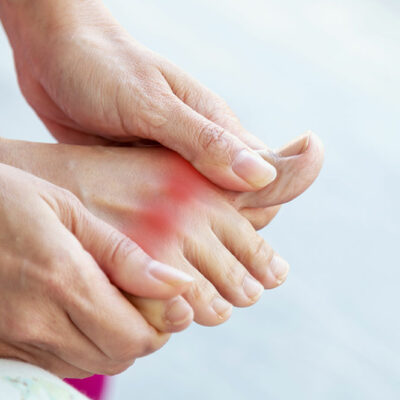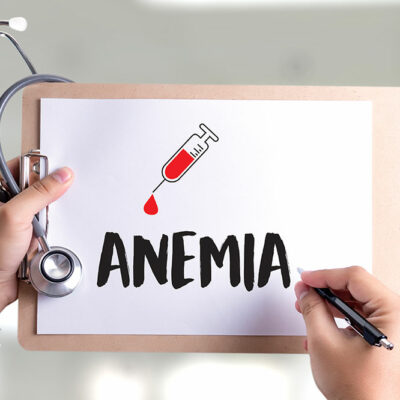
Soaps That Trigger Eczema
Eczema is a chronic and inflammatory skin condition that causes red, dry, scaly and itchy patches on the face, arms, hands, legs, and feet. It can be brought on by external triggers like soaps, detergents, or fabric softeners. Foods and allergens can also cause it. Here are some of the soaps that trigger eczema:
1. Antibacterial soaps
These soaps are some of the common soaps that trigger eczema. Antibacterial types of soap contain triclosan, a chemical that helps kill bacteria. Triclosan is used in soaps and other household cleaning products because it prevents the growth of bacteria, yeast, and mildew on surfaces. This is especially helpful for people with delicate or sensitive skin because it helps eliminate 99.9% of surface bacteria. However, triclosan can also react to sunlight in your body, triggering eczema flares up in people with sensitive skin or eczema. This is because skin cells have increased sun sensitivity in people with eczema.
2. Strong fragranced soaps
Soaps that have strong fragrances are another common trigger for eczema flares. To make soaps smell good, manufacturers add a variety of chemicals and fragrances to give it a nice scent. Phenoxyethanol is a common chemical that is added to soap to make it smell good. This chemical contains alcohol which dries the skin and can become an irritant for those who are prone to eczema. This makes fragranced soaps, and scented body wash a trigger for eczema.
3. Soaps containing certain preservatives
Among common soaps that trigger eczema are those that contain the preservative methylchloroisothiazolinone and methylisothiazolinone. These chemicals are preservatives used in many types of soap to prevent the growth of bacteria. Methylisothiazolinone, when it is combined with water, has been known to be toxic but not harmful. Methylchloroisothiazolinone and methylisothiazolinone can cause allergic reactions for those who have sensitive skin, especially for people with eczema. When people with eczema use soaps with these chemicals, their skin can become red and itchy, triggering an eczema flare-up.
4. Propylene glycol soap
Propylene glycol is an organic compound widely used in the production of soaps and other household cleaning products. It is known to be an irritant that can cause skin reactions. It can also trigger eczema flares up because it causes dry skin and triggers sensitivity to sunlight. It is also known to cause allergic reactions in some people who use propylene glycol-based products.
5. Essential oil soaps
Some soaps contain essential oils, which are obtained from plant oils, and these oils can also be an eczema trigger. This is because essential oils are known to have strong fragrances. Soaps with botanical oils also can be a trigger because some of those oils can dry the skin. People with eczema and also those who have sensitive skin should limit the use of these soaps or stay away from them entirely.
In conclusion, there are some soaps that trigger eczema. They contain various chemicals and fragrances that irritate those with eczema or sensitive skin. Those with eczema should only use soaps that have minimal or no fragrance to avoid flare-ups.


